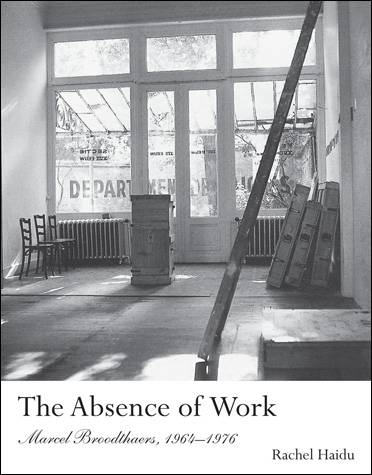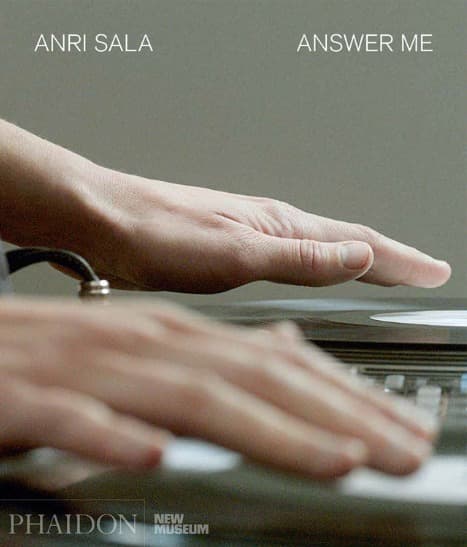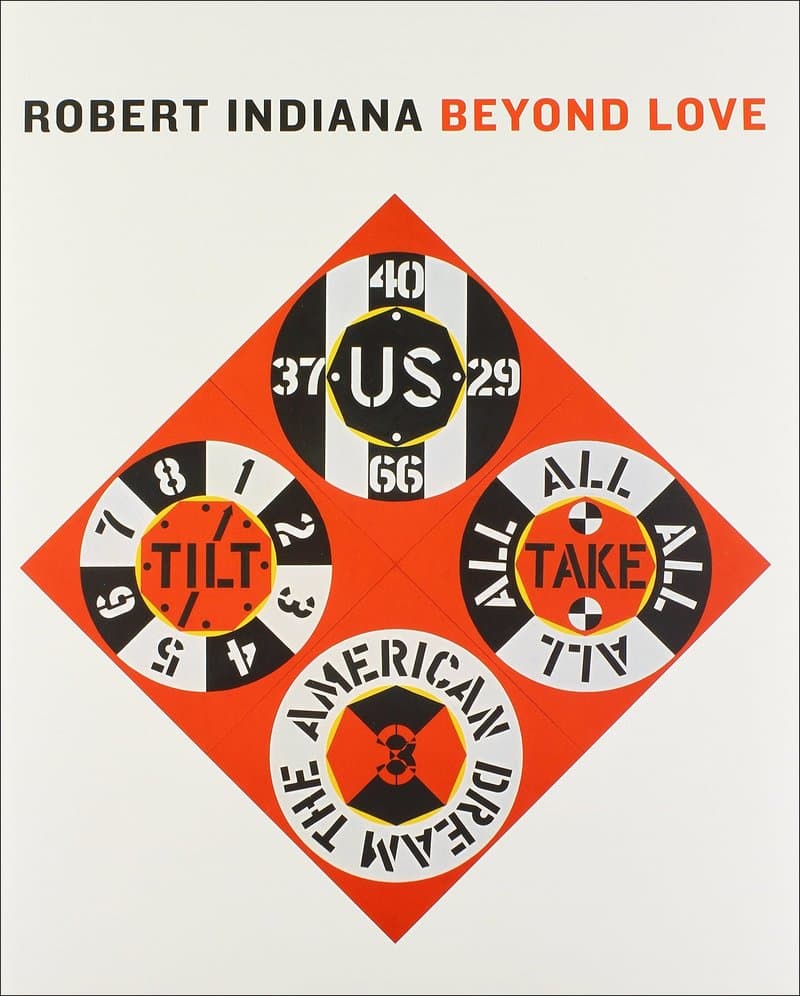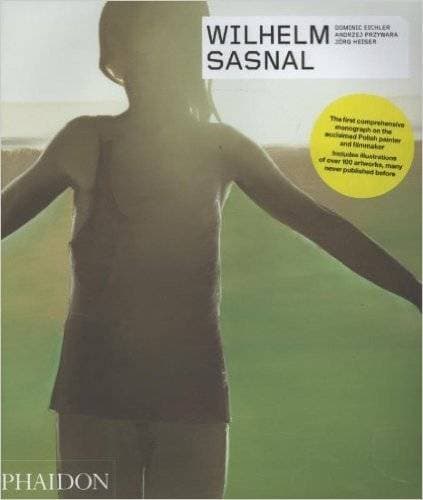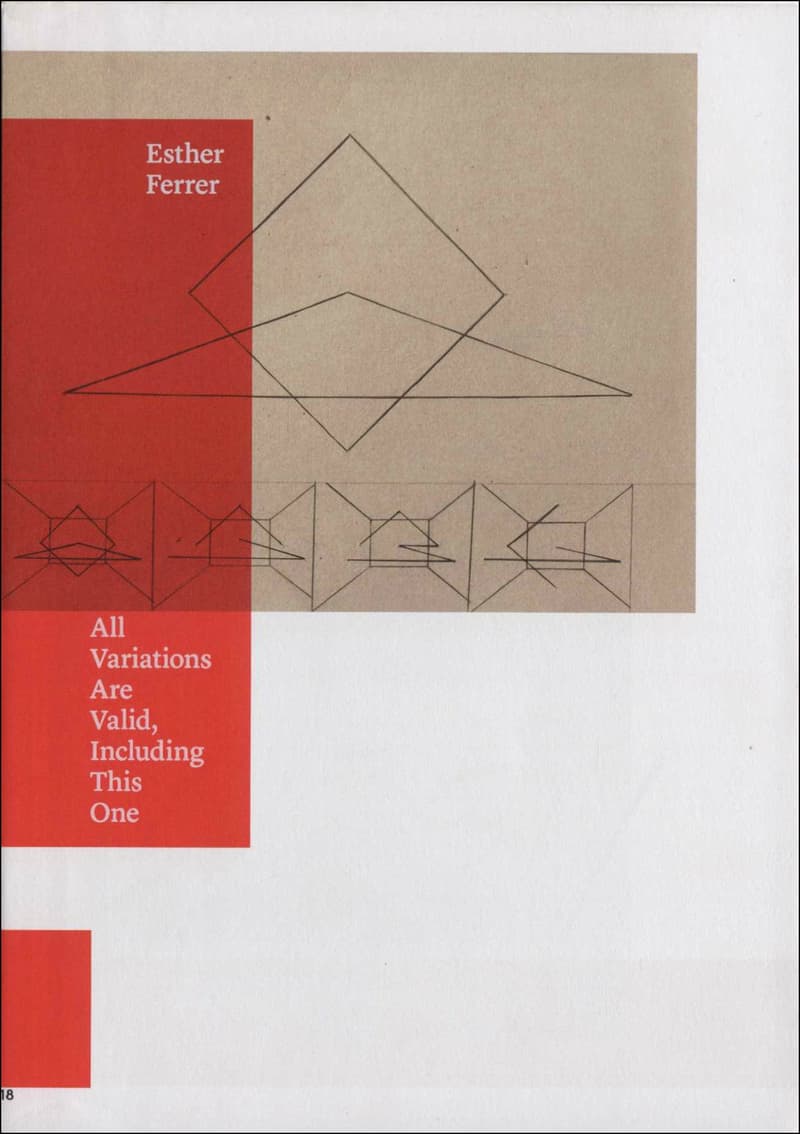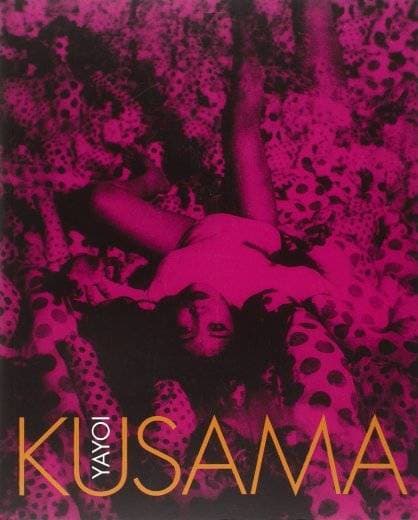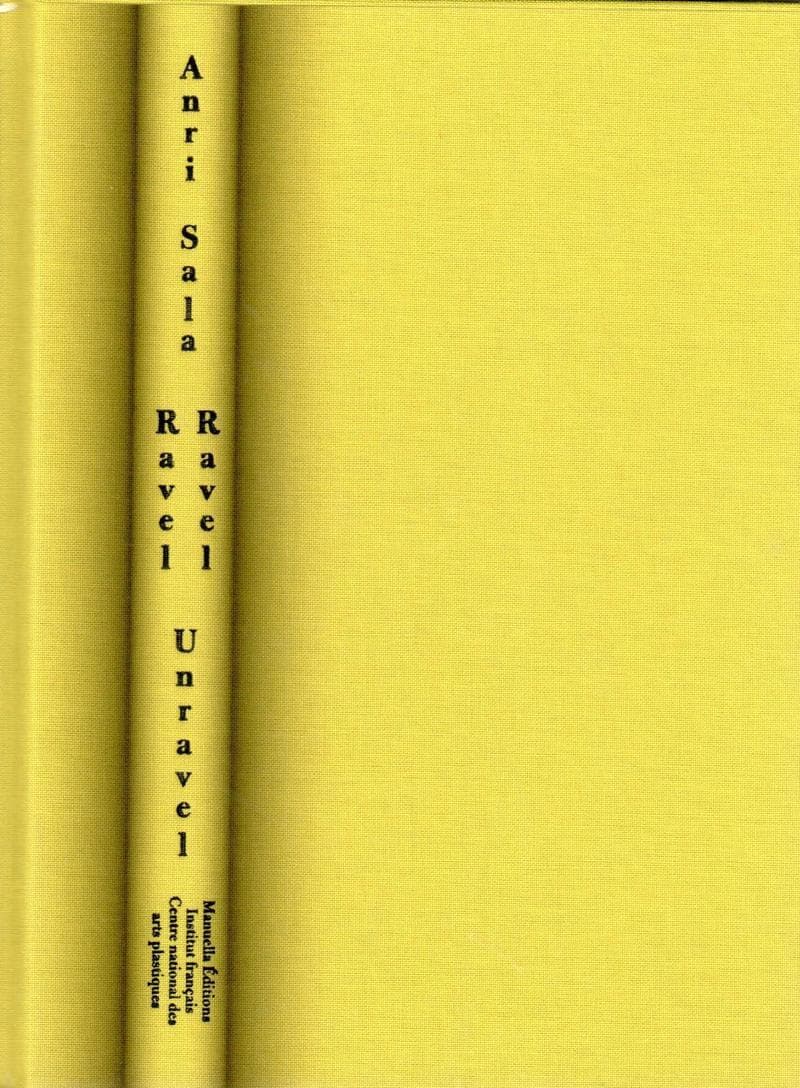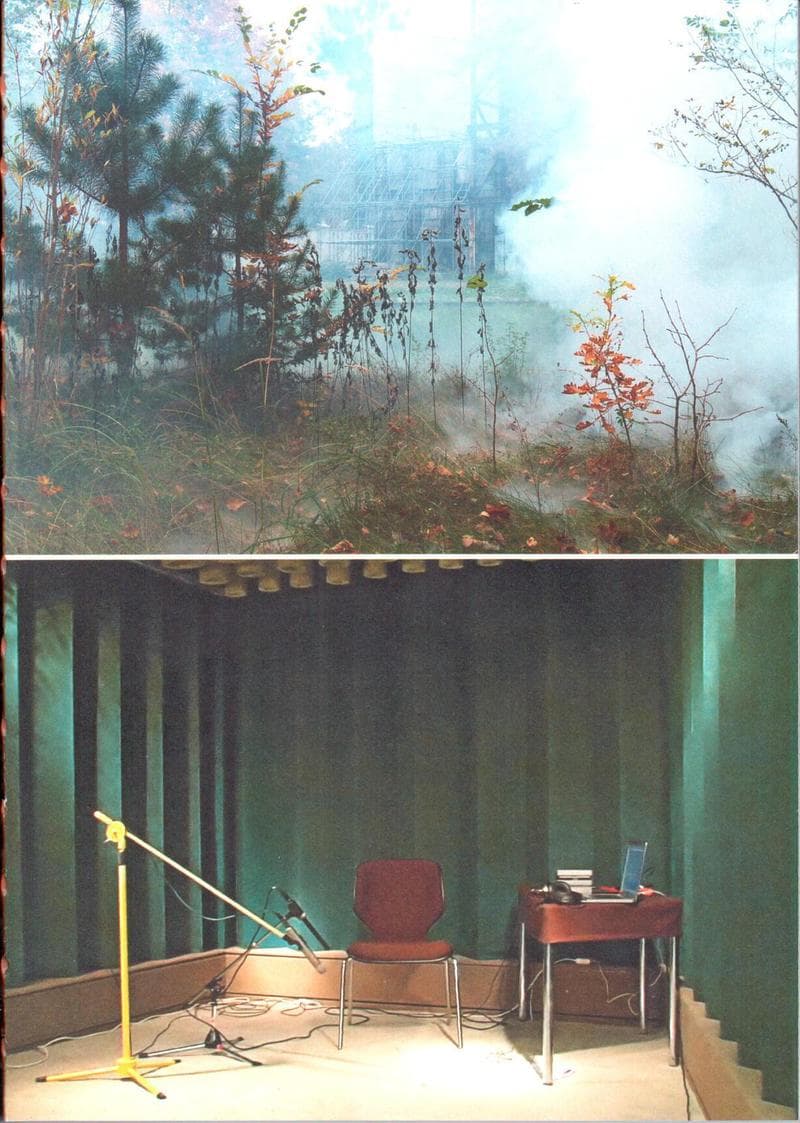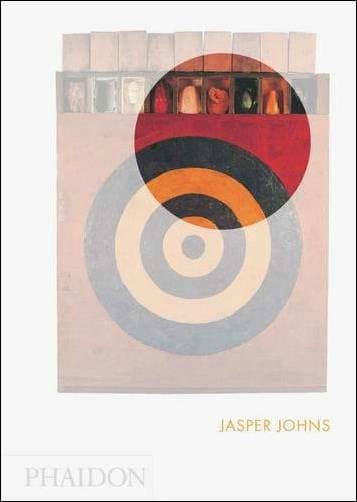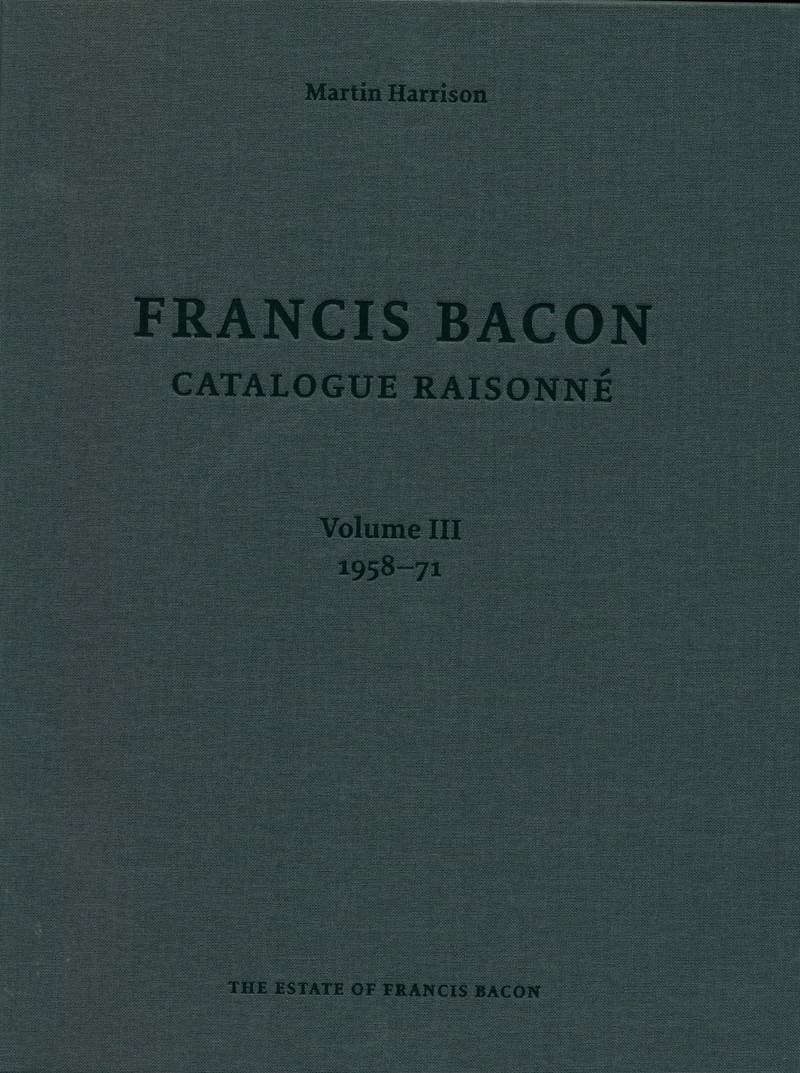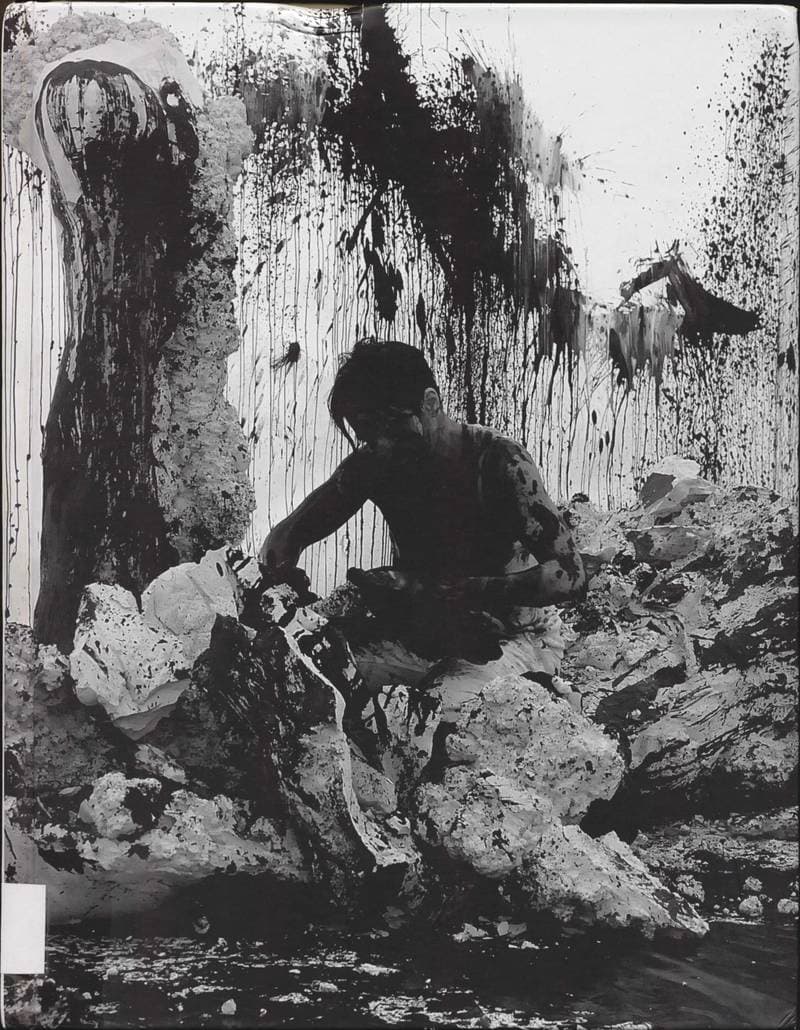The Absence of Work. Marcel Broodthaers, 1964–1976
In 1964, at age forty, Marcel Broodthaers (1924–1976) proclaimed that his years of writing poetry — of being “good for nothing,” in his words — were over, and a brief but dazzling artistic career began. Considered a founding father of institutional critique, Broodthaers created hundreds of objects, books, films, photographs and exhibitions, including a “fictive” museum of modern art that evolved from an installation in his own home to a massive exhibition of over three hundred works representing eagles. In The Absence of Work, Rachel Haidu argues that all of Broodthaers's art is defined by its relationship to language. His perception of his poetry's “failure to communicate” led him to explore in his art the noncommunicative, nontransparent uses of words. Haidu's characterization of Broodthaers's contribution to institutional critique represents a major departure from the usual approach to this movement. With The Absence of Work, one of the first monographs on Broodthaers in English, Haidu demystifies a crucial and enigmatic figure in postwar and contemporary art.
Данные книги
Кембридж
2010
357 страниц
9780262014502
Открытый доступ
Да
Да
709.203 Bro
1
- Anri Sala: Answer Me2016
- Robert Indiana: Beyond Love2013
- Wilhelm Sasnal2011
- Alice's Adventures in Wonderland: With Artwork by Yayoi Kusama2012
- All Variations Are Valid, Including This One2017
- Yayoi Kusama2012
- Anri Sala: Ravel Ravel Unrave2013
- Gabriela Löffel2015
- Jasper Johns2014
- Francis Bacon: Catalogue Raisonne. Volume III. 1958–19712016
- Sophie Calle. Double Game2007
- Anastasia Ax2014
